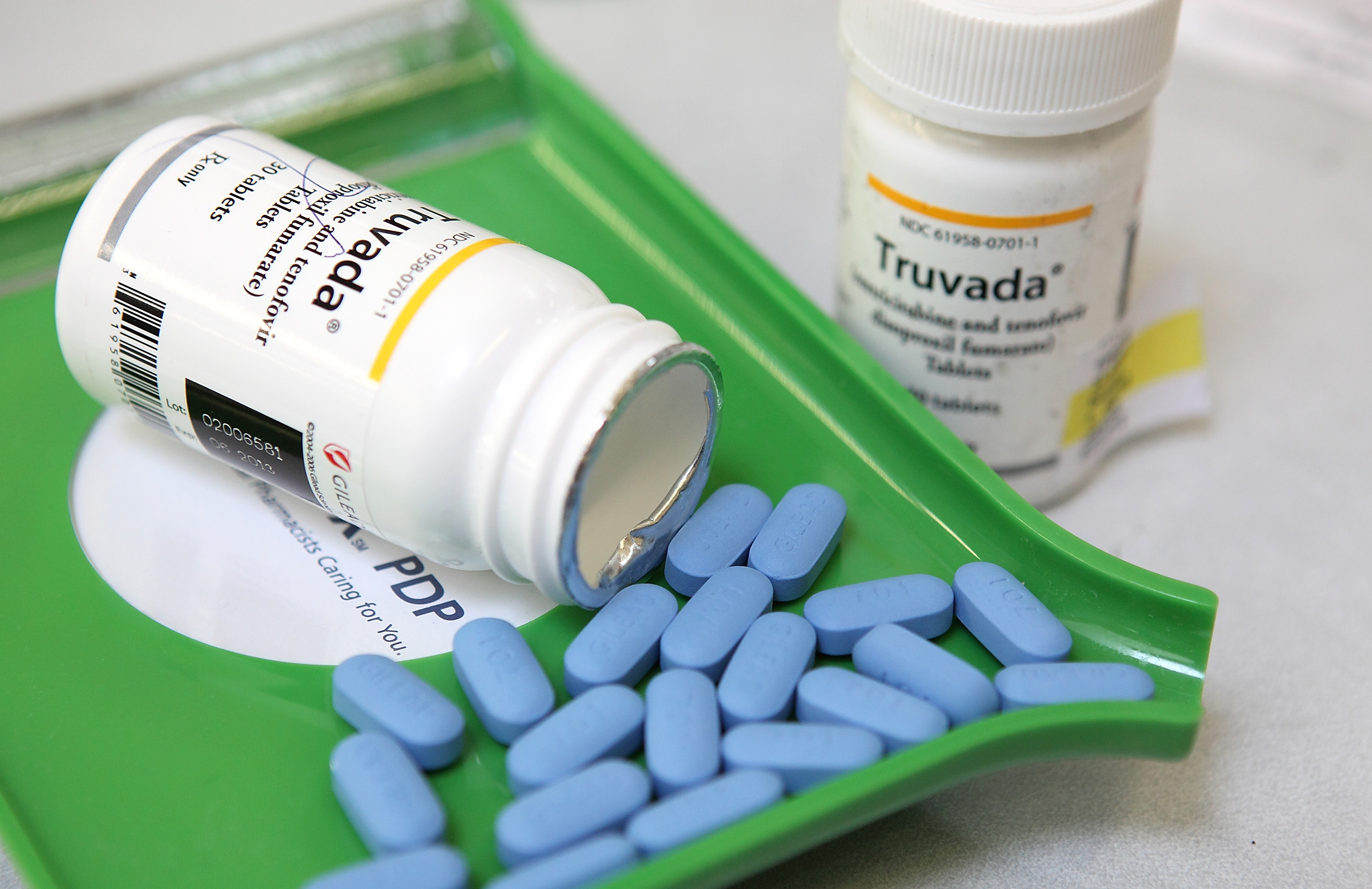Liz Highleyman
Produced in collaboration with hivandhepatitis.com
People with hepatitis B virus (HBV) infection did not experience liver inflammation ‘flares’ or other adverse events when they used or stopped using Truvada for HIV pre-exposure prophylaxis (PrEP), according to an analysis from the iPrEx study presented at the Eighth International AIDS Society Conference on HIV Pathogenesis, Treatment and Prevention (IAS 2015) last month in Vancouver, Canada. This is a potential concern because the drugs in Truvada – tenofovir and emtricitabine – are active against HBV as well as HIV.
HIV and HBV are spread through some common transmission routes, including sexual transmission, vertical transmission (mother to child) and via multi-person use of injection equipment. Up to 90% of people infected with HBV as adults fight off the virus and develop natural immunity, while 10% become chronically infected; among people infected as infants, the proportions are reversed.
An effective vaccine offers protection against hepatitis B and the cirrhosis and liver cancer that can result from it. Public health guidelines recommend HBV vaccination for at-risk groups including gay and bisexual men and people who inject drugs, and many countries now recommend it as a routine infant vaccination. But a substantial proportion of the population remains unprotected.
Robert Grant from the University of California at San Francisco Gladstone Institutes presented findings from a study of people with hepatitis B who used Truvada PrEP as part of the pivotal iPrEx trial. As previously reported, in this international study of nearly 2500 men who have sex with men (plus a small number of transgender women), daily Truvada reduced the risk of HIV infection by 92% among participants with blood drug levels indicating consistent use.
Truvada is a coformulation containing two drugs, tenofovir and emtricitabine, both of which are active against HBV as well as HIV. Tenofovir (sold alone as Viread) is currently the most effective antiviral treatment for hepatitis B, though it seldom produces a cure.
When people with hepatitis B stop taking tenofovir – or if HBV develops resistance to it – this can cause the virus to reactivate, potentially leading to flares of increased liver inflammation and worsening liver injury, typically signaled by steep increases in ALT and AST liver enzyme or transaminase levels. The risk of hepatitis flares is higher for people who already have liver cirrhosis.
READ THE REST OF THE ARTICLE HERE AT AIDSMAP
